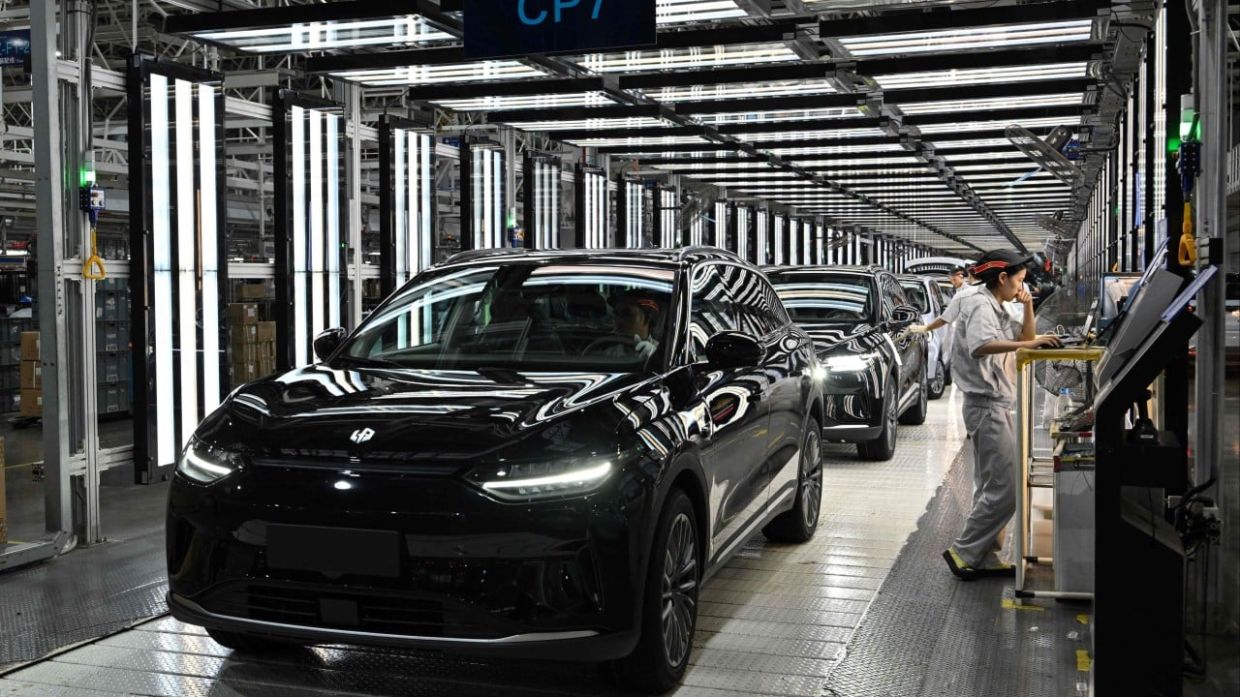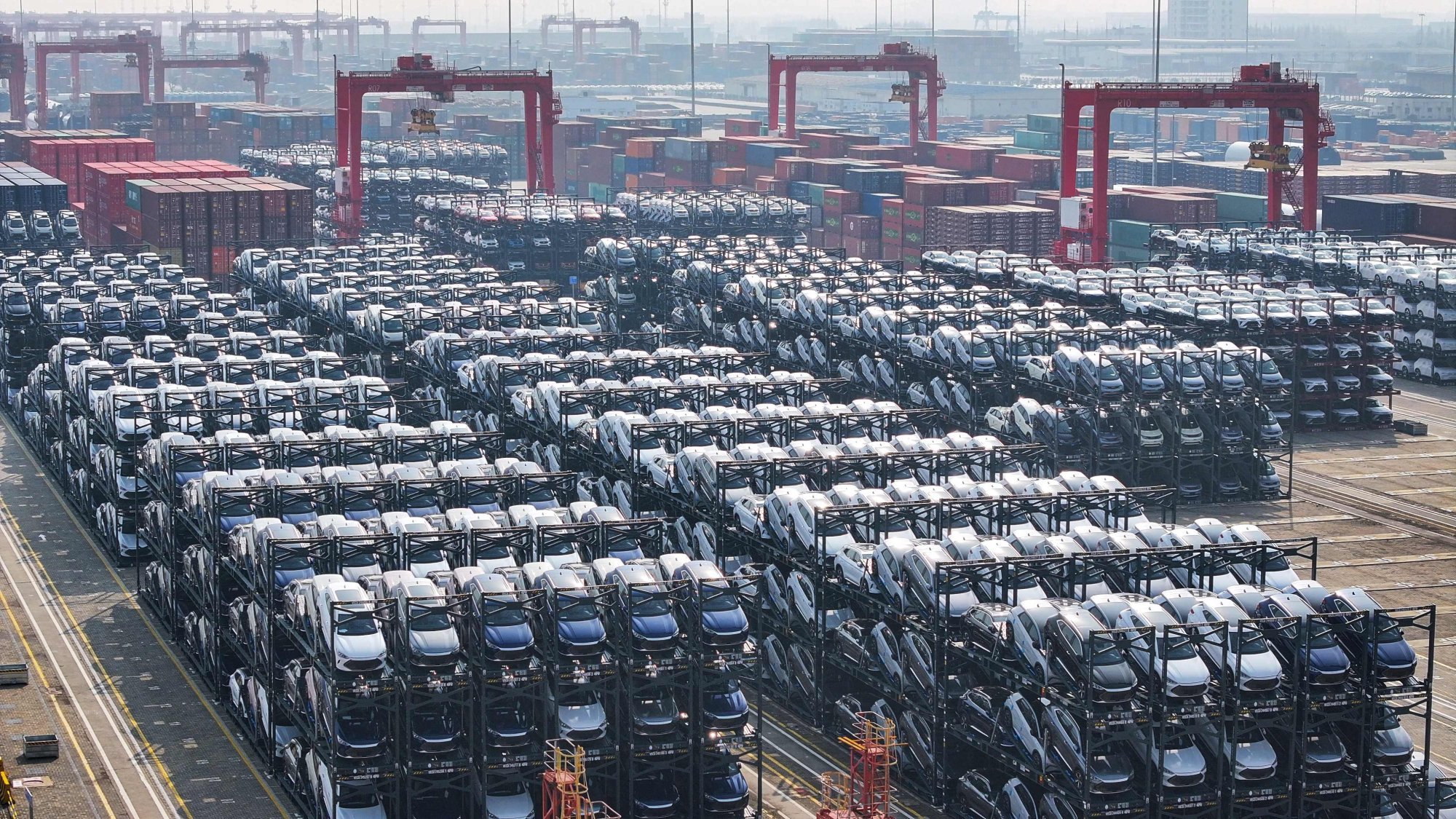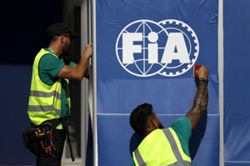
The Chinese government and the nation’s electric vehicle (EV) manufacturers believe Hong Kong is a good launch pad and testing ground for their efforts to go global, as the industry faces barriers to entering key overseas markets like the US and European Union (EU).
The China Association of Automobile Manufacturers (CAAM) hosted its first automotive industry supply chain summit in Hong Kong on Wednesday, which attracted dozens of EV makers and government officials to discuss how Hong Kong can help carmakers from the mainland expand overseas.
Chinese carmakers face a series of challenges when developing their businesses overseas, including in trade coordination, complying with international standards, brand promotion, after-sales service and dealing with financial services, according to Fu Bingfeng, CAAM’s secretary general.
Do you have questions about the biggest topics and trends from around the world? Get the answers with SCMP Knowledge, our new platform of curated content with explainers, FAQs, analyses and infographics brought to you by our award-winning team.
“Hong Kong as an international finance centre, trade centre, and innovation centre has its natural advantages and can play a crucial role in supporting Chinese enterprises’ path to globalisation,” he said.
“It can act as a two-way gateway for Chinese EV makers to go overseas and bring in new technologies.”
EV makers in China are seeking to globalise amid cutthroat competition at home, strong sales and production momentum and overseas trade curbs. In August, the Biden administration raised the tariff rate on Chinese EVs to 100 per cent from 25 per cent. Last month, the EU raised tariffs on Chinese EVs to as high as 45.3 per cent.

This has prompted some leading Chinese EV makers to set up production facilities in Europe and Mexico and explore opportunities in Africa and Southeast Asia.
As the world’s largest offshore yuan hub and the third largest global financial centre, Hong Kong can provide a platform for Chinese EV companies to attract international capital and raise funds, said Yu Fachang, chairman of state-owned China Everbright Group at the event.
Chinese EV makers are also using Hong Kong to test their new products. Premium EV maker Xpeng opened its flagship Hong Kong store in July and launched its right-hand drive cars in the city last month.
And Geely’s premium EV unit, Zeekr, debuted the 009, a six-seat pure EV in Hong Kong in July. It was Zeekr’s first launch event outside mainland China.
Wang Hui, vice-president of Changan Automobile, a Chongqing-based carmaker, said his company plans to list its luxury EV brand Avatr on Hong Kong’s stock exchange in the first quarter of next year. He also said the company will bring six to eight EV models under the brand to the city in the next five years.
The Hong Kong government unveiled a road map for EVs in 2021, under which the registration of petrol-fuelled cars – including hybrids – will not be accepted by 2035, as the city strives to achieve its 2050 net-zero emissions goal.
Chinese EV brands nearly doubled their market share to 30 per cent in Hong Kong in the first six months this year, according to London-based car distributor Inchcape, based on data from the Transport Department.
More from South China Morning Post:
- Hong Kong can become the launch-pad for Chinese EVs and benefit from global boom: academic
- Not a fan of EVs: Trump’s comeback to hurt Chinese EV makers, expect ‘rough seas’
- Chinese EV makers face ‘do-or-die moment’ as competitive screws tighten
- Chinese EV makers’ go-global drive hits bumps amid Beijing’s warning, failed deals
- China’s 10 millionth EV rolls out, as makers set sights on exports to digest overcapacity
For the latest news from the South China Morning Post download our mobile app. Copyright 2024.










































